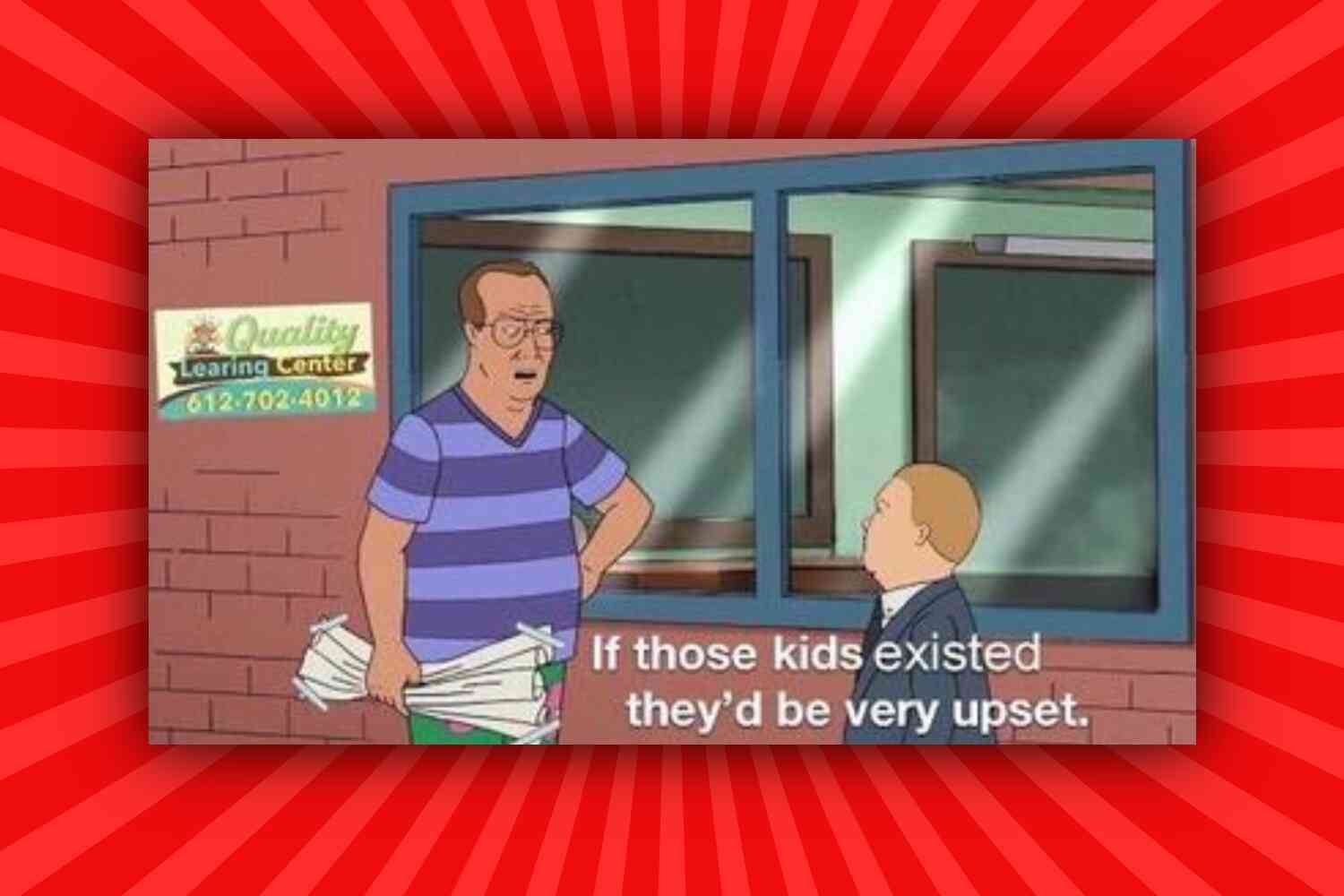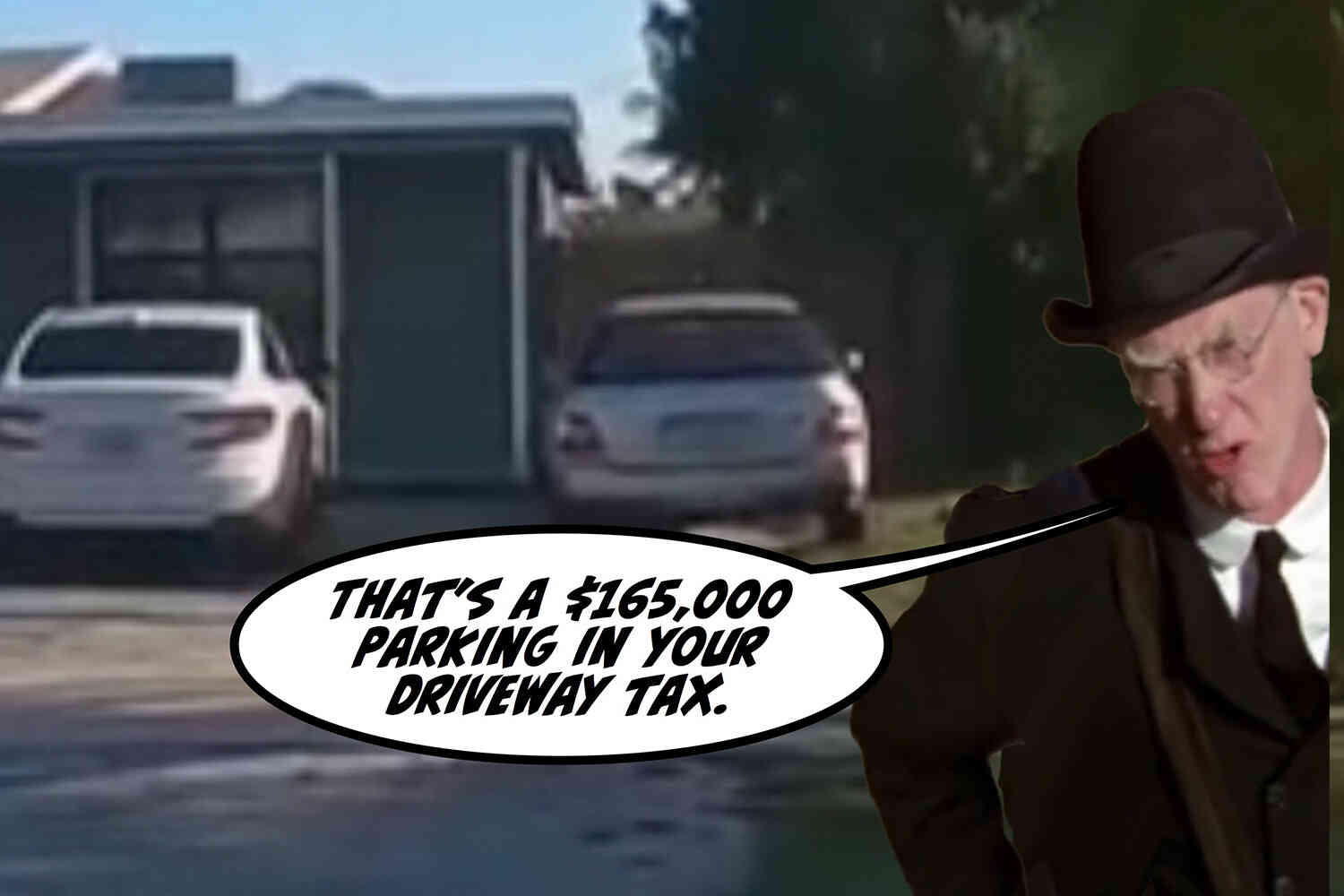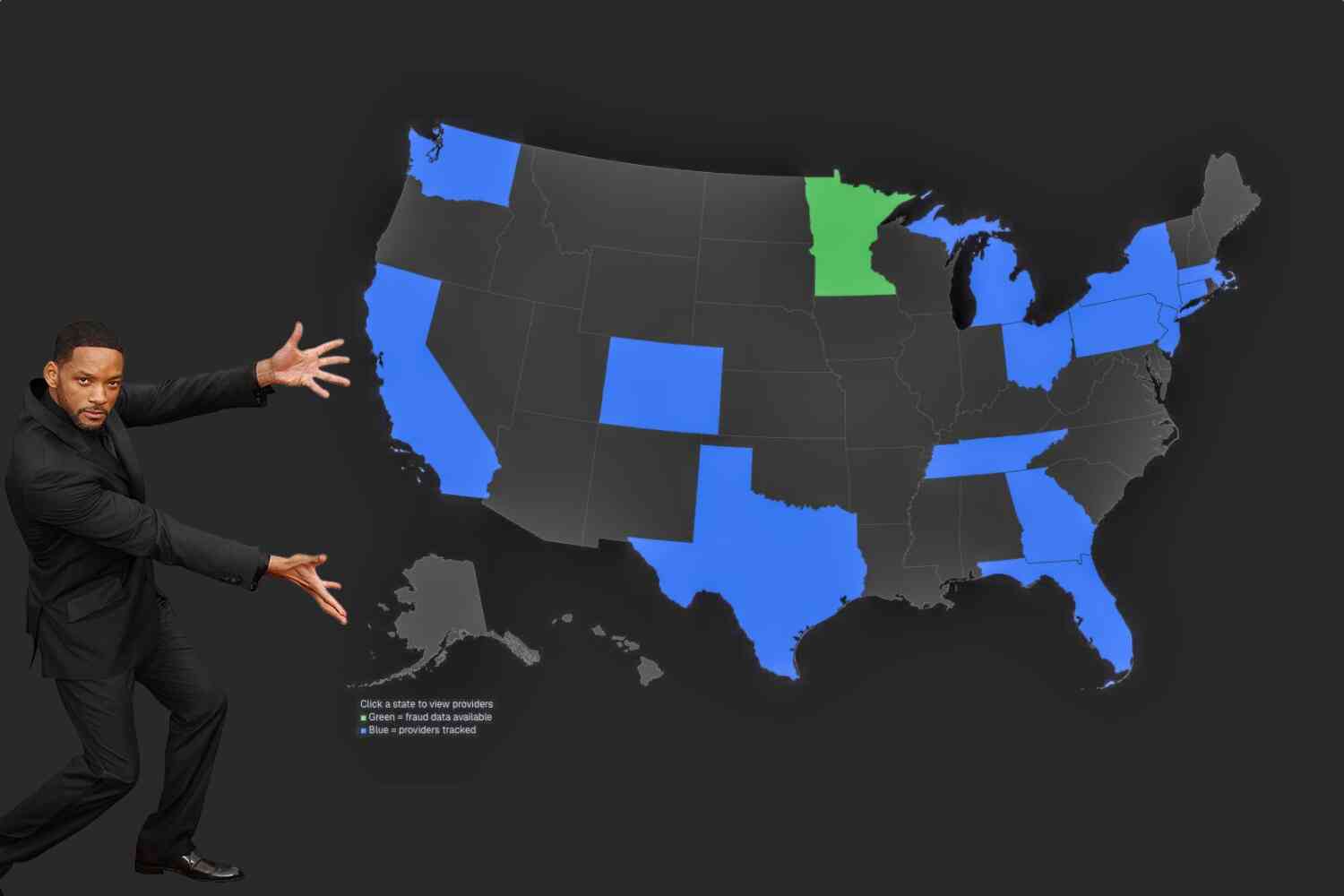The Babylon Bee's experience with Big Tech censorship dates back to 2018, when Facebook started working with fact-checkers to crack down on the spread of misinformation. At that time, the Bee published a headline that read, "CNN Purchases Industrial-Sized Washing Machine To Spin The News Before Publication." Snopes rated that story false, prompting Facebook to threaten us with a permanent ban.
Since then, our jokes have been repeatedly fact-checked, flagged for hate speech, and removed for incitement to violence, resulting in a string of warnings and a drastic reduction in our reach. Even our email service suspended us for spreading harmful misinformation. We found ourselves taking breaks from writing jokes to go on TV and defend our right to tell them in the first place. That's an awkward position to be in as humorists in a free society.
And then we made a joke about Rachel Levine, a transgender health admiral in the Biden administration. USA Today had named Levine "Woman of the Year." So we fired back — in defense of women and sanity — with this satirical headline: "The Babylon Bee's Man Of The Year is Rachel Levine."
Twitter was not amused. They locked our account for hateful conduct and we spent the next 8 months in Twitter jail. We learned the hard way that censorship guards the narrative, not the truth. In fact, it guards the narrative at the expense of the truth.
All the more outrageous was Twitter's lip-service commitment to free speech. "Twitter's mission," they write, "is to give everyone the power to create and share ideas and information, and to express their opinions and beliefs without barriers." As promising as that sounds, it rings hollow when you consider all the barriers that we, and so many others, have encountered.
The comedian's job is to poke holes in the popular narrative. If the popular narrative is off limits, then comedy itself is off limits. And that's basically where we find ourselves today. Our speech is restricted to the point where we can't even joke about the insane ideas that are being imposed on us from the top down. The only reason Twitter is now an exception is because the world's richest man took matters into his own hands and declared comedy legal again. We should all be thankful that he did. The most offensive comedy is harmless when compared with even the most well-intentioned censorship.
I hope we can all agree that we shouldn't have to depend on benevolent billionaires to safeguard speech. That's a function of the law. But the law only protects against government censorship. It hasn't caught up to the fact that the vast majority of public discourse now takes place on privately owned platforms. So where is the law that protects us from them?
Well, it may be coming sooner than you think. Texas passed a law that prohibits social media viewpoint discrimination back in 2021. The tech companies tried to block it, but the Fifth Circuit upheld the law as constitutional. At around the same time, Florida passed a similar law that was struck down by the Eleventh Circuit. These conflicting rulings (referred to as a "circuit split") have prompted the Supreme Court to weigh in.
But we aren't just sitting around and waiting for a ruling. Because of our firsthand experience with censorship and viewpoint discrimination that have affected both of our sites (Not the Bee has been repeatedly demonetized, silenced, and prohibited from reaching new audiences), The Babylon Bee and Not the Bee have filed a joint amicus brief with the Supreme Court in support of the laws currently under review. In that brief, we deal with several of the bad arguments put forth by the Big Tech companies in defense of their censorship. Here are just a few of them (along with our responses):
- They say private companies are free to do whatever they want. That's nonsense, especially when applied to companies that serve a critical public function. A transportation service can't ban passengers based on their viewpoints, nor can telecom providers. Under common carrier doctrine, they're required to treat everyone equally. That precedent applies comfortably to Big Tech. The argument that only the government can be guilty of censorship falls short because it fails to make a distinction between the way things are and the way they should be. If these platforms are the modern public square, as the Supreme Court has described them, then speech rights should be protected there, even if they presently are not. The current state of affairs being what they are is not a good argument for failing to take action to improve them. But beyond that, these platforms have explicitly promised us free expression without barriers. To give us anything less than that is fraud.
- They say these platforms have a First Amendment right to censor, as if censorship were a form of protected speech. But it isn't. Censorship is a form of conduct. The state has always been able to regulate conduct. The idea that censorship is speech was forcefully rejected by the Fifth Circuit Court of Appeals in their recent decision to uphold an anti-discrimination law in Texas. The court mocked the idea that buried somewhere in the enumerated right to free speech lies a corporation's unenumerated right to muzzle speech. No such right exists. And how could it? The claim that censorship is speech is as nonsensical as saying war is peace, or freedom is slavery.
- They say these platforms are like newspapers. They can't be forced to print anything they don't want to. But they aren't like newspapers. They aren't curating every piece of content they host, and they aren't expressing themselves when they host it. They're merely conduits for the speech of others. That's how they've repeatedly described themselves, including in court proceedings, and that's how Section 230 treats them.
As a final point, I think it's important to acknowledge that the call for an end to censorship is not a call for an end to content moderation. Some will try to make that claim. But Section 230 gives these platforms clearance to moderate lewd, obscene, and unlawful speech, and anti-discrimination legislation would respect that. The only thing it would prevent is viewpoint discrimination. And such prevention would not be unconstitutional because it would only regulate the platforms' conduct — it would neither compel nor curb their speech.
P.S. Now check out our latest video 👇
Disclaimer: The opinions expressed in this article are those of the author and do not necessarily reflect the opinions of Not the Bee or any of its affiliates.









